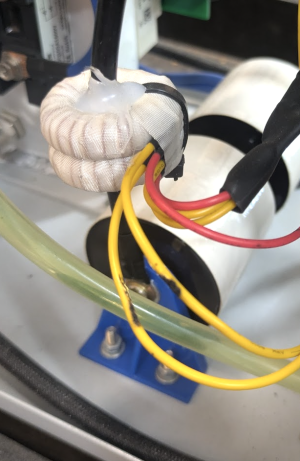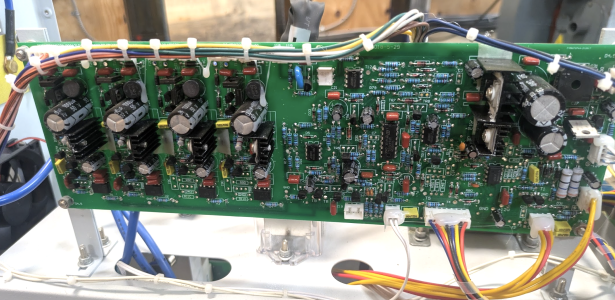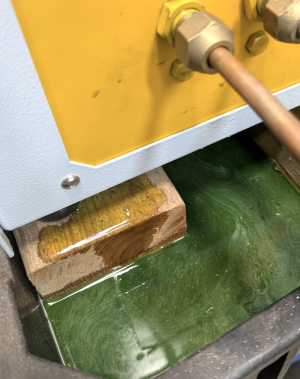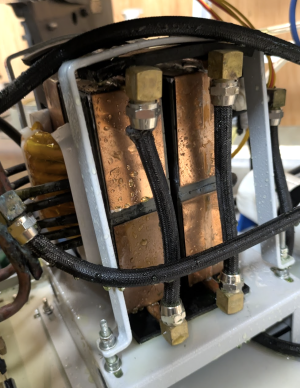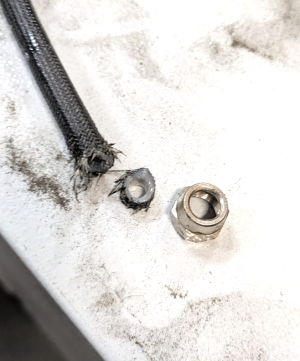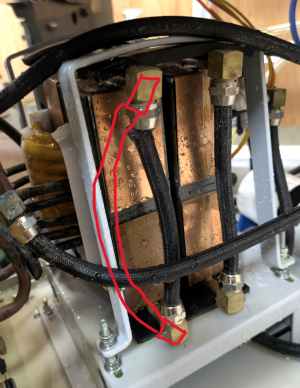It was all just going too well. And now, just as we're entering "thou shalt not use solid fuel" season, my little induction unit failed.
When I press the pedal it tries a few times to dump some power into the coil and then buzzes out an "over current" error that doesn't go away until I power cycle it. I can turn the power way down and have it put 100amps into the work for a few seconds, then the same thing happens.
Chiller has been keeping up, though the heating coil is the warmest I've ever felt it.
So my suspicion is that I have short somewhere in the induction coil, which would be no surprise to anyone who remembers the sorry shape this machine was in when the shippers delivered it.
Not looking foward to the surgery. I'd just order one of the US Solid ones at this point, except that I'm still not buying from that side of the border. Grumble.
When I press the pedal it tries a few times to dump some power into the coil and then buzzes out an "over current" error that doesn't go away until I power cycle it. I can turn the power way down and have it put 100amps into the work for a few seconds, then the same thing happens.
Chiller has been keeping up, though the heating coil is the warmest I've ever felt it.
So my suspicion is that I have short somewhere in the induction coil, which would be no surprise to anyone who remembers the sorry shape this machine was in when the shippers delivered it.
Not looking foward to the surgery. I'd just order one of the US Solid ones at this point, except that I'm still not buying from that side of the border. Grumble.

